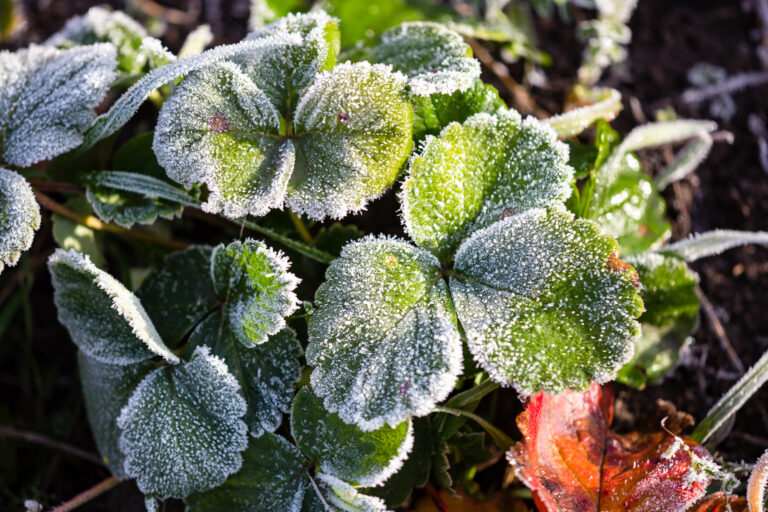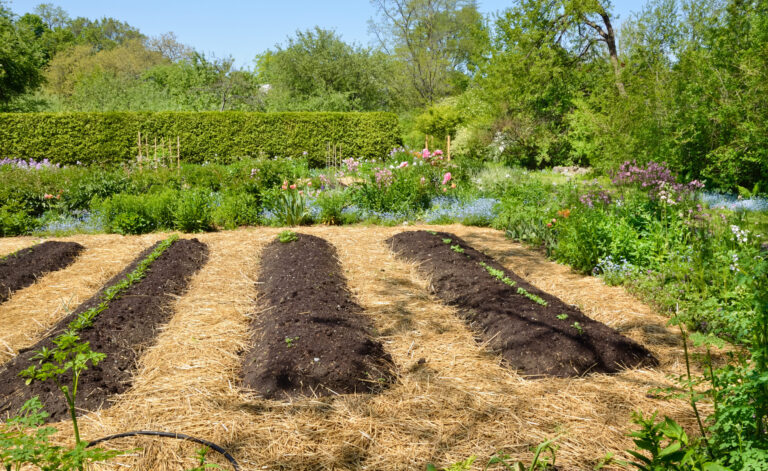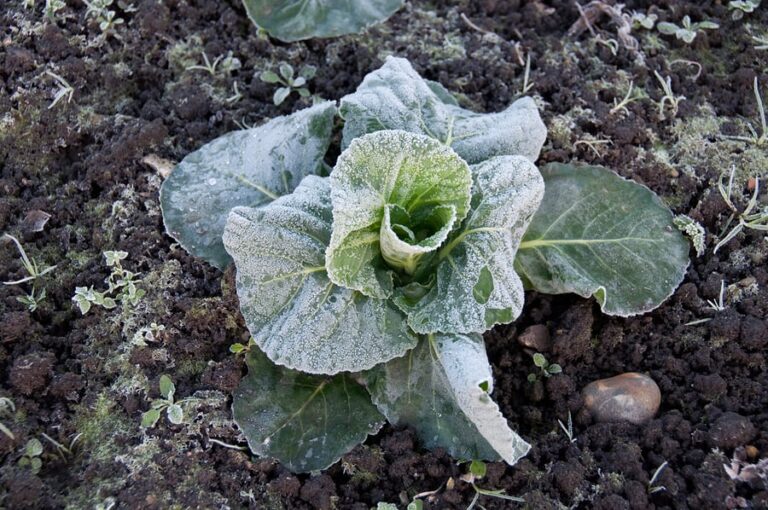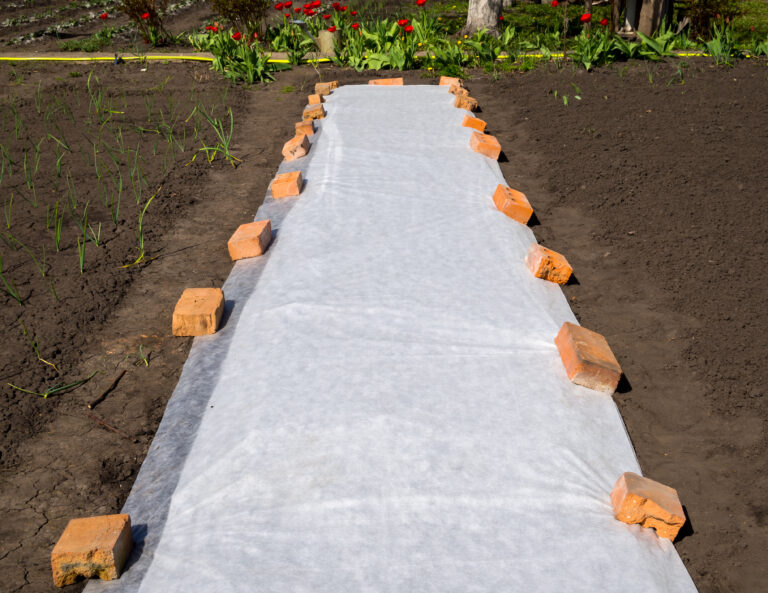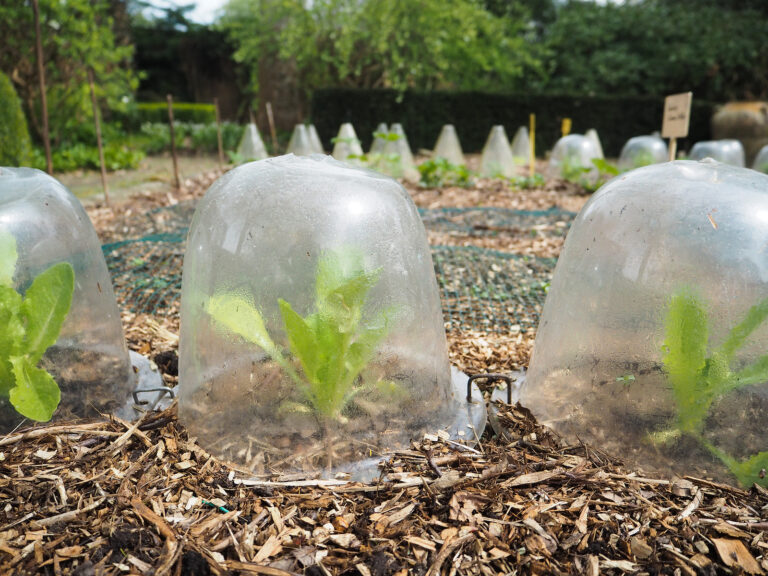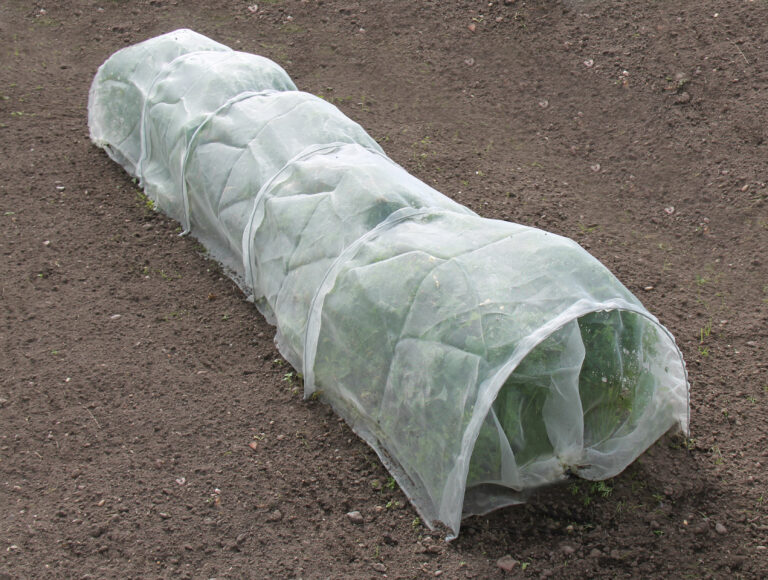Fall and Winter Strawberry Care: Cold Climate Tips for Healthy Spring Growth
As someone who’s gardened through frigid winters in both Iowa and Massachusetts, I’ve learned the hard way that fall and winter strawberry care is critical to a successful harvest come spring. Cold temperatures, frost heave, and disease can take a serious toll on strawberry beds if not properly managed before the snow falls. Here’s a…

